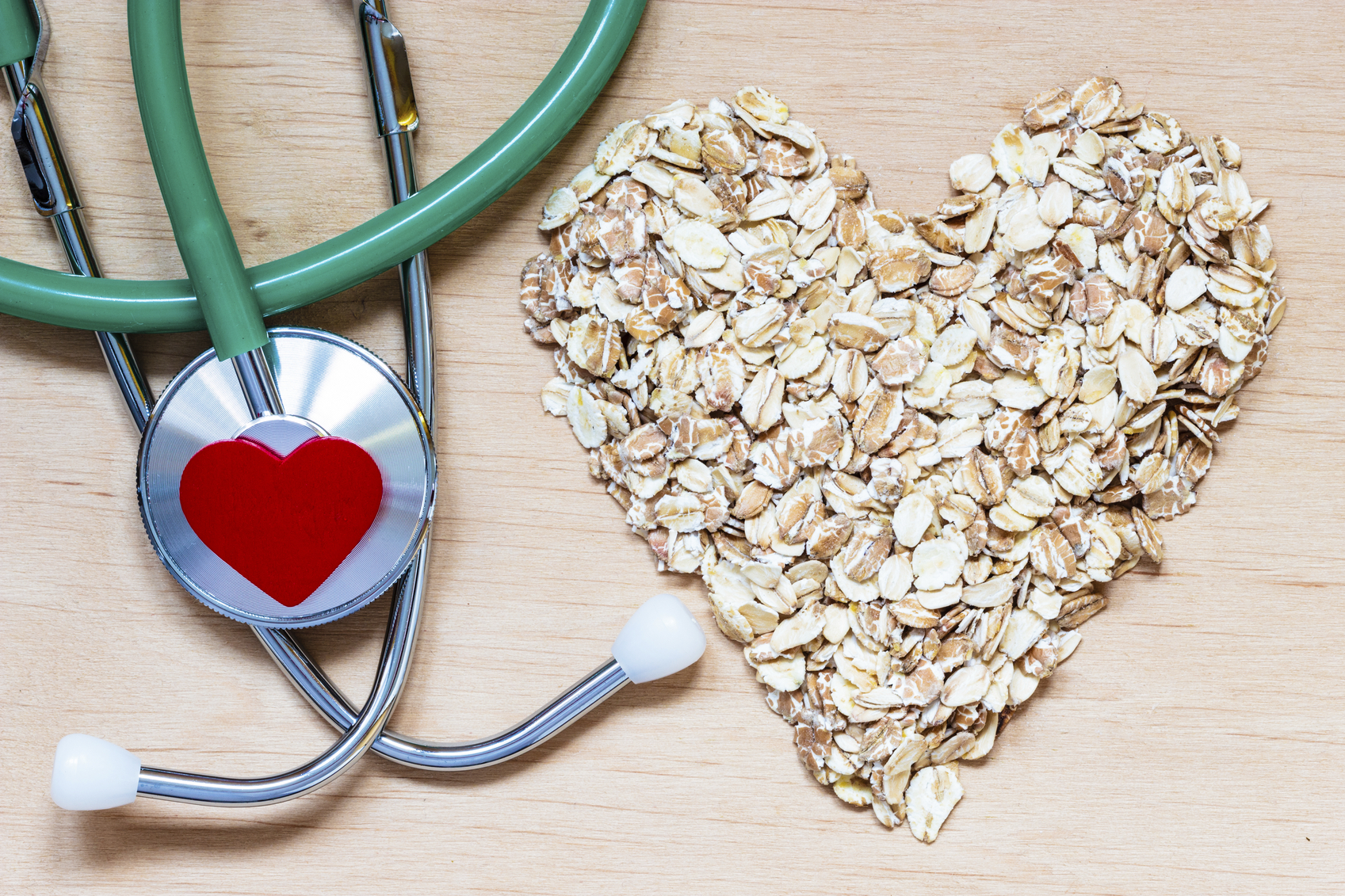Cholesterol

It’s important to understand what cholesterol is, what influences it, and healthy habits to keep it under control as blood cholesterol levels are often checked as part of a biometric screening either through your doctor or a community event. Complications due to high cholesterol include heart attack, peripheral artery disease, hardening of the arteries and even a stroke. Unfortunately, there are no symptoms of high cholesterol, therefore regular screening is the only way to monitor it.
The basics:
- Cholesterol is a waxy substance found in body cells and carried in our blood.
- Carriers of cholesterol are High Density Lipoproteins (HDL-“good” cholesterol) which carry cholesterol from the blood stream back to the liver to be processed and Low Density Lipoproteins (LDL-“bad” cholesterol) which transports cholesterol to cells and artery walls.
- Our bodies need cholesterol for cell structure, to produce bile which breaks down fats and it plays a role in male and female hormones. It’s made mainly in the liver but all cells can make it. Our body makes all the cholesterol we need.
- Cholesterol is found in all animal products from milk, to meats, to eggs.
The influences:
- Family history can influence cholesterol levels. Let your doctor know you have an immediate family member who has been diagnosed with high cholesterol also known as hyperlipidemia.
- High blood pressure, obesity, diabetes and smoking are also risk factors for high cholesterol.
- Lifestyle habits such as nutrition and physical activity can influence cholesterol. We consume cholesterol when we eat animal products. Foods high in saturated and trans fats increase “bad” cholesterol levels. Foods high in cholesterol are usually also high in saturated fats. Lack of physical activity can also increase cholesterol.
Healthy habits:
- Talk to your doctor about your risk factors for high cholesterol.
- Have your cholesterol checked regularly.
- Stay active-try for at least 30 minutes of moderate activity on most days of the week. Physical activity helps the body maintain healthy cholesterol levels.
- Limit foods high in saturated fats, particularly those high in cholesterol and saturated fats such as red meats, bacon, butter and ice cream. Avoid trans fats all together.
- Eat whole grains. The fiber found in whole grains can actually adhere to the cholesterol and help your body get rid of it! Fiber can also be found in fruits and vegetables.



